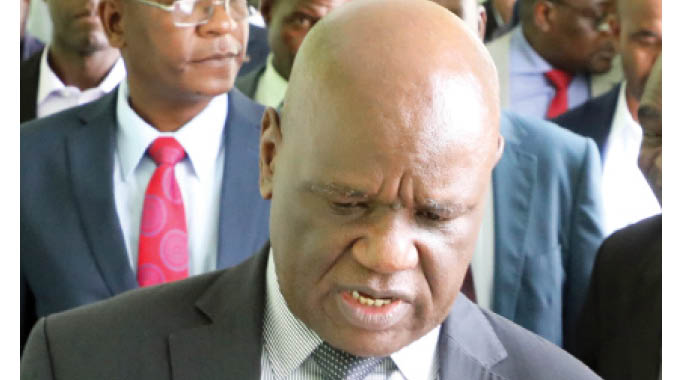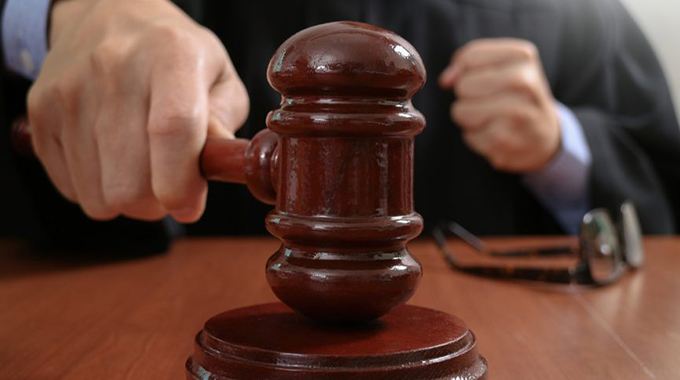Judges required to submit judgments before ruling

Patrick Chitumba, Midlands Bureau Chief
Chief Justice Luke Malaba has ordered all High Court and Labour Court judges to first submit judgements before handing them.
The move is said to be administrative and not aimed at influencing the judges’ judgements and follows concerns raised about the manner in which judgements are handled after being handed down in court. Only the Constitutional Court and the Supreme Court can issue such orders as they are courts with final jurisdiction.
Judicial Service Commission (JSC) communications manager Ms Rumbidzai Takawira said it’s not about the merit of the judgement. “It’s just administrative, for the numbering of judgements and for the head of station or division to know which judgements have been passed. It’s not about the merit of the judgement, it’s just so the head knows which judgements have been passed,” she said responding to questions from The Chronicle.
Ms Takawira said there have also been concerns from litigants and legal practitioners over the availability of judgements that would have been read in court.
“Following concerns raised by litigants and legal practitioners on the availability and publication of judgements that would have been read in court, the Chief Justice, after consulting and engaging with Judges, issued the Memorandum. The Memorandum is meant to guide Courts and Judges on the need to pronounce judgements only when they are ready, and to avail judgements to the public immediately after such pronouncement,” she said.
According to the Memorandum released over the weekend, CJ Malaba said no judgement should be handed down when it is not yet ready to be distributed.
“Following concerns raised about the manner in which judgements are handled after being handed down it is hereby directed as follows, no judgement should be handed down when it is not yet ready to be distributed,” said CJ Malaba.
Once a judgement is handed down, CJ Malaba said it shall not be withdrawn for any reason.
He said handing down of a judgment is evidence that the judgement is ready for access by the parties and members of the public. “All judgements handed down must be immediately accessible to the Registrars. litigants and the public. Before a judgement or an order of the High Court or Labour Court is issued or handed down, it should be seen and approved by the head of court or division,” he said.
The Chief Justice said the practice of issuing orders with the undertaking that reasons will follow is to be desisted from forthwith. He said only the Constitutional Court and the Supreme Court can issue such orders as they are courts with final jurisdiction. “The only exception is when a Judge will be dealing with a point in limine. Such an order will be appropriate as it enables the court to expeditiously finalise the main matter.
“For the avoidance of doubt, it is proper for a Judge when dealing with a point in limine to give an order and advise that the reasons will be stated in the main judgement,” said CJ Malaba.
He said where a Judge decides to issue an order in an ex tempore judgement, he or she must ensure that the reasons given are comprehensive on the understanding that they will be accessible to the parties, the Registrar and members of the public.











Comments